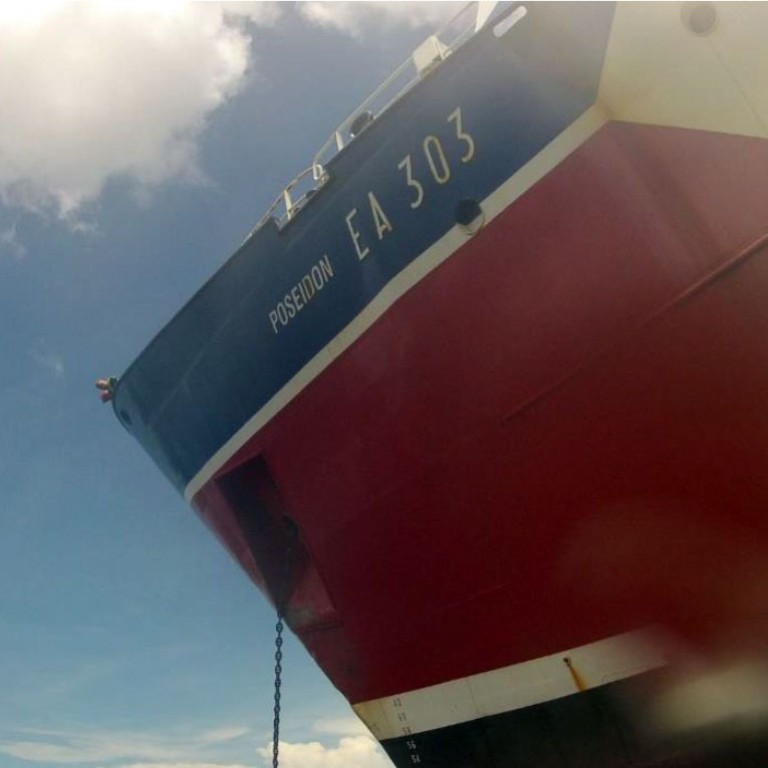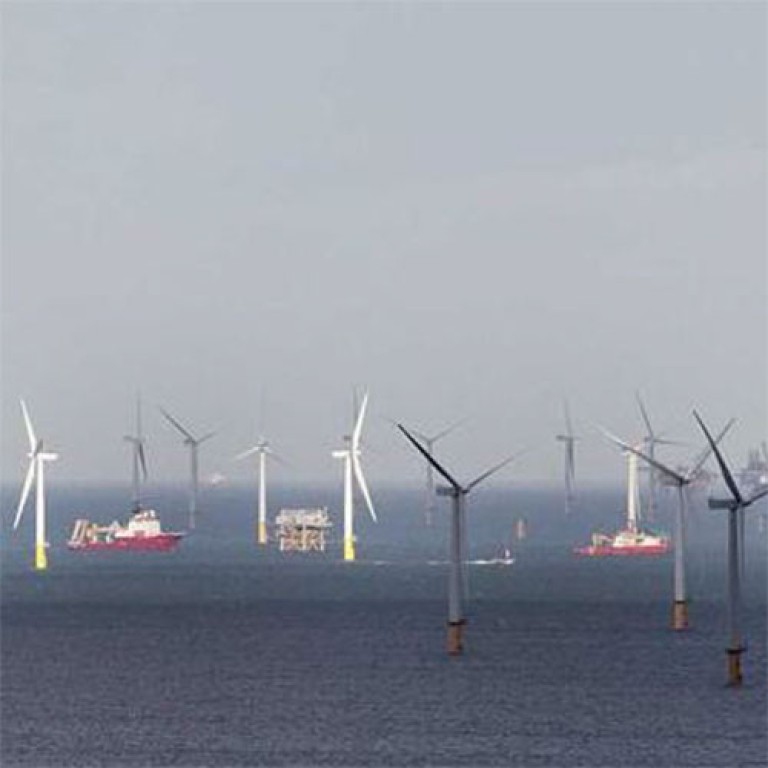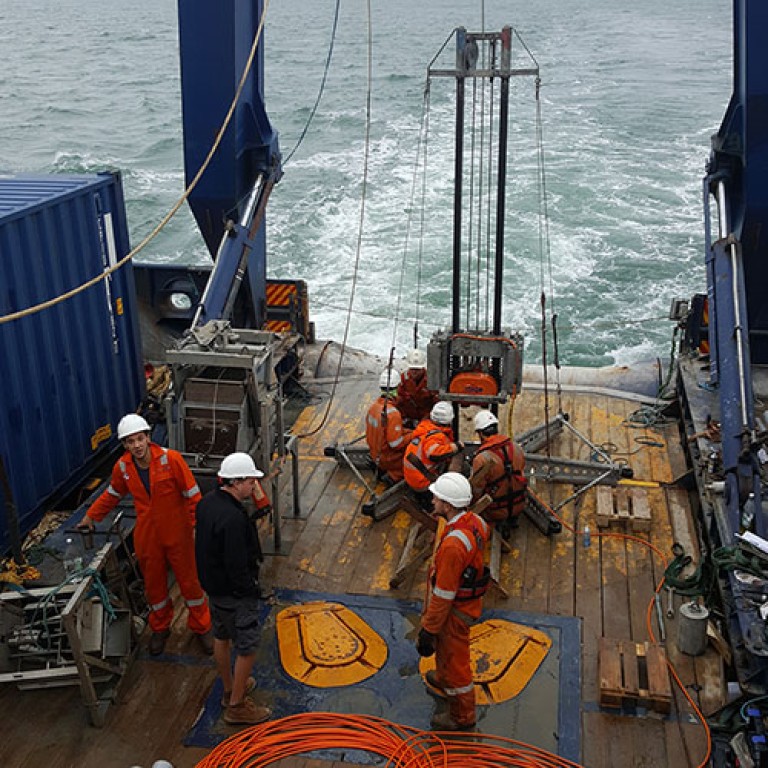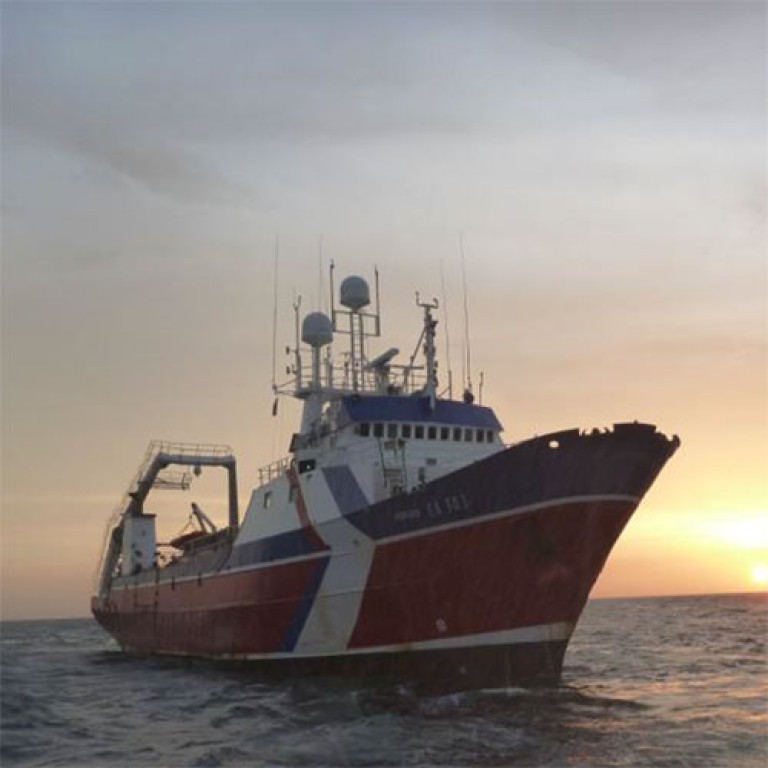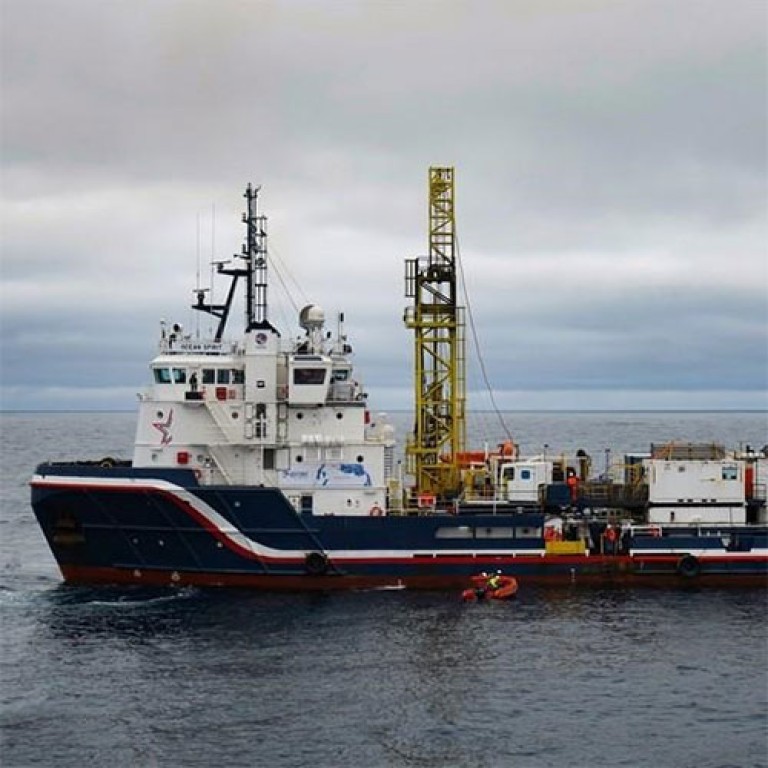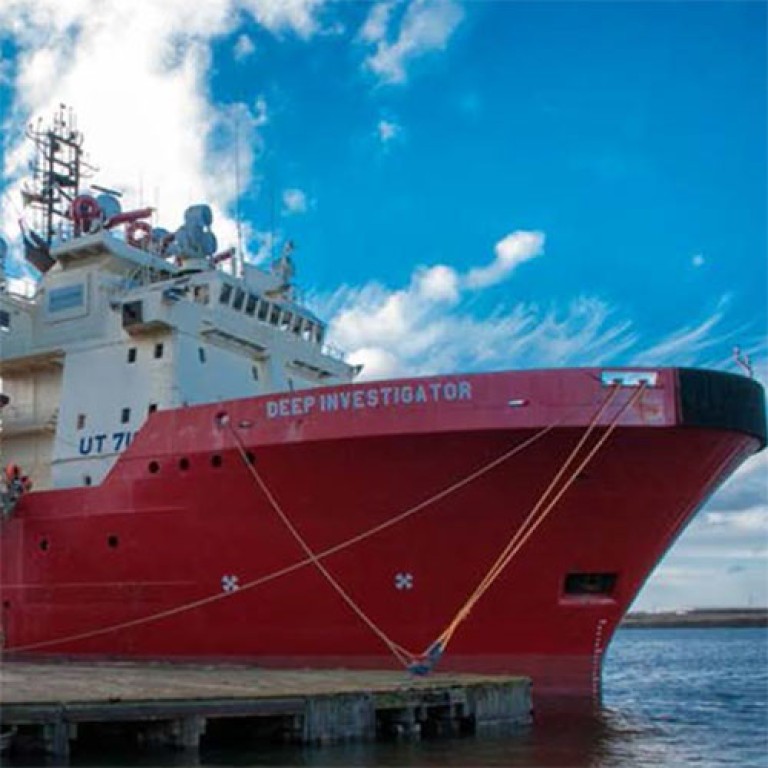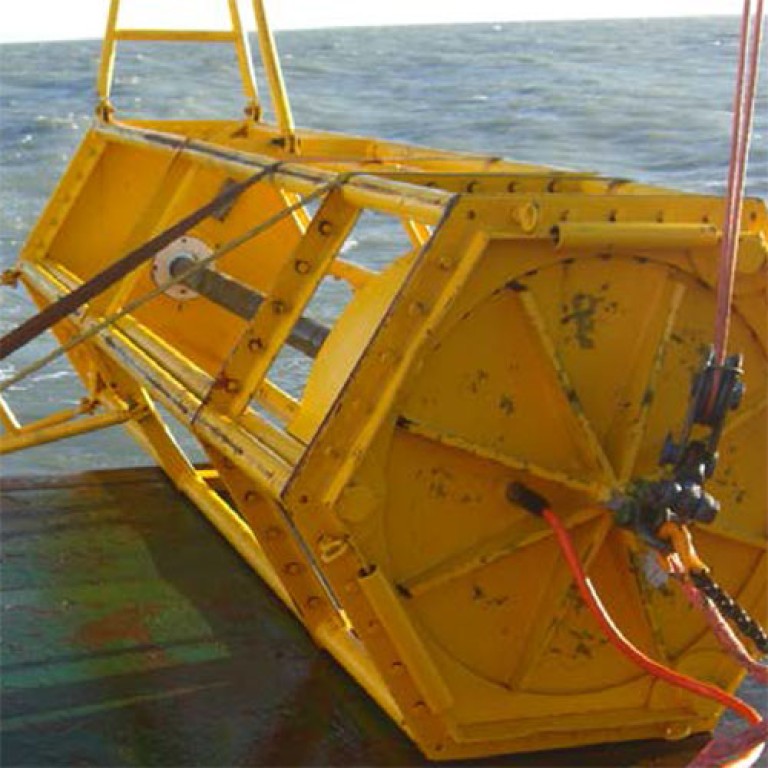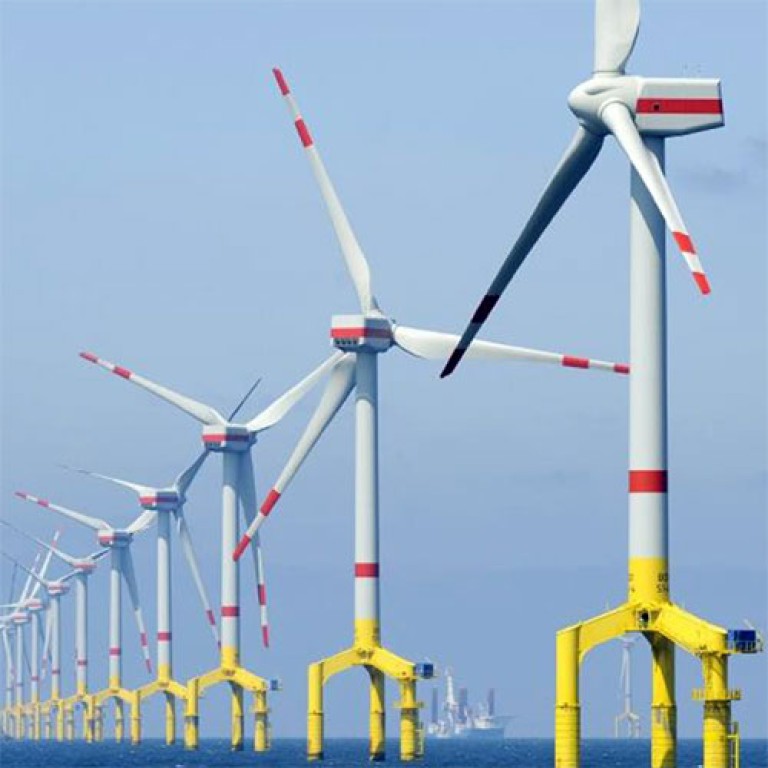Enviros performed a scope of work to assist RWE (primary client) in the acquistion of high resolution side scan survey at three primary cable crossing as part of the key Gwynt Y Mor offshore windfarm site survey located in Irish Sea, UK. The object of these three separate site surveys was to establish the orienatation of cables at mattress locations and to access the attitude of exposed cables lengths when not determined to be buried. Enviros performed these scopes of work at the Rhyl Flats, Eirgrid and BHP cable crossings.
Enviros performed the site surveys in both 900kHz and 1800kHz sonar frequencies deploying and operating a REMUS 100 AUV. The cumulative scope of work for the three site surveys performed comprised approximately 80km. The REMUS AUV operated with several methods of navigation comprising GPS on the surface, Dead Reckoning and Long Base Line (LBL) which were each utilised during this project. The use of an LBL array in combination with Acoustic Doppler Current Profiler / Doppler Velocity Log (ADCP / DVL) ensured repeatable survey data to suit the application intended.
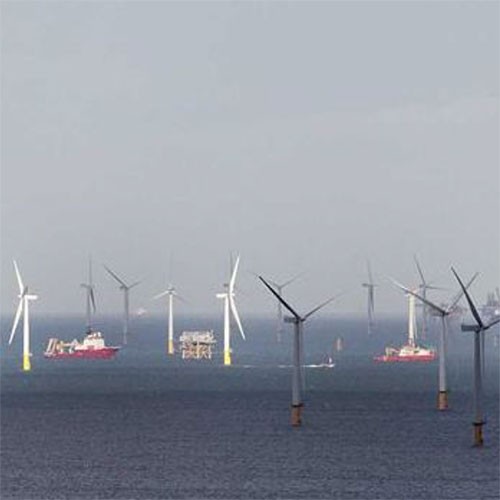
Project Organisation
Enviros were responsible for performance of all pre-mobilisation, mobilisation, fieldwork, demobilisation and associated data processing, interpretation and reporting. A senior Enviros Project Manager with >15 years relevant offshore site survey / investigation experience was appointed on contract award and responsible for each project phase and Client liaisons throughout. The Enviros Project Manager was appointed an experienced Enviros Offshore Project Manager for all fieldwork operations.
The Project Manager had the role of managing day-to-day issues relating to the project, based onshore in the Enviros head office based in United Kingdom. The Offshore Project Manager was responsible to ensuring that the project is completed in accordance with Enviros procedures and to Client specifications. Responsibilities include, but not limited to being the immediate point of contact for any Offshore Client Representatives, ensuring project QHSSE procedures are adhered to during all offshore operations; this is to include mobilisation, field calibrations and checks, project tasks, post project calibration checks and demobilisation; and the production or approval of all necessary field reporting.
